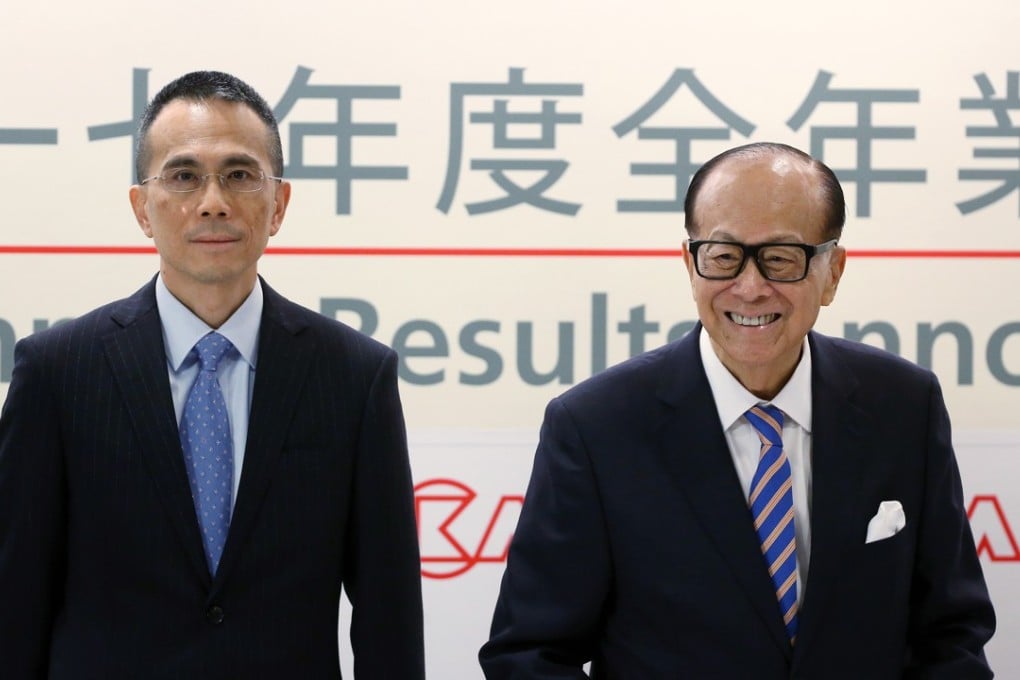As CK group transitions from Li Ka-shing to Victor Li, monopoly should no longer be its bread and butter
Peter Guy says the group of companies founded by the legendary Hong Kong tycoon can no longer rest on its conservative and defensive strategy of investing in monopolies

There are only two economic reasons to own a business. One is to grow it, the other is to sell it. Anything in between invites indecision and ossification through slothful management. One exception is the Hong Kong Chinese family business, a kind of economic monarchy. Many conglomerates grew out of local property development and trading businesses whose skill sets don’t necessarily reflect the outside world. The primary rule of succession is: no matter how cumbersome it has become, the business must inevitably be run by a family member.
The outcome is a dilemma where the conservative private banking priorities of a wealthy family conflict with the risky growth priorities that investors demand of a global, listed company.